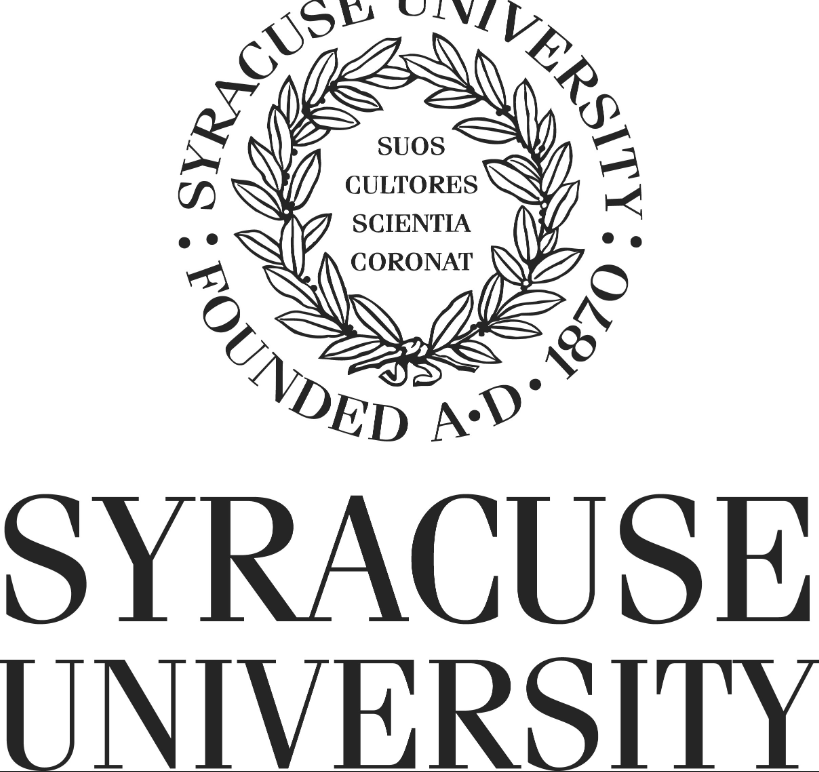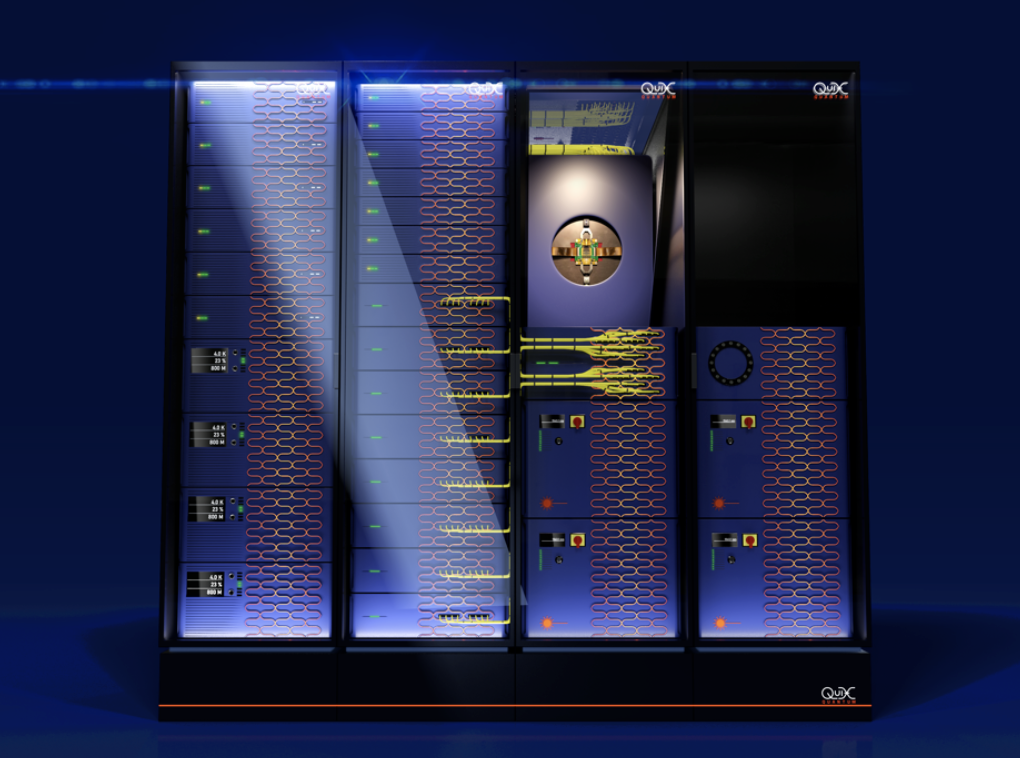
This week, we move further down the list to some hardware specialists at UK-based startups ORCA Computing, Oxford Ionics and Oxford Quantum Circuits. Here are the people from 29–42.
*All data correct as of late September 2021
29. Jamie Francis-Jones: Head of Hardware, ORCA Computing
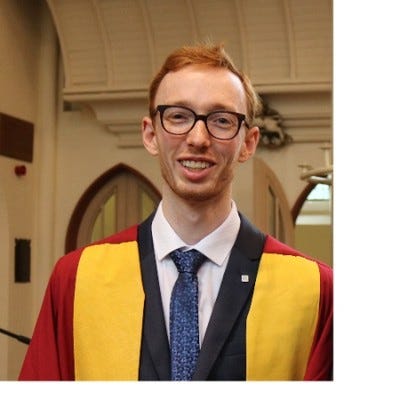
Head of Hardware at ORCA Computing, a photonic technology quantum startup, Jamie Francis-Jones is an expert on multiplexed heralded single-photon source design, optical fibre technology and nonlinear frequency conversion devices. He specializes in the development of photon-pair sources for quantum information processing applications.
Francis-Jones received his Ph.D. in Quantum Optics and Single-Photon Sources from the University of Bath.

30. Kamil Bradler: Head of Architecture, ORCA Computing
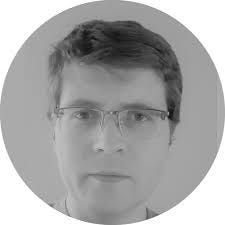
Kamil Bradler is a veteran of emerging quantum industries whose research spans more than a decade of working on various problems in quantum communication and computing, quantum optics and mathematical physics. He is Head of Architecture at ORCA Computing.
Bradler obtained his Ph.D. in Quantum Physics from Charles University and held several postdoctoral positions in Mexico and Canada. Before joining ORCA, he spearheaded the development of both near-term and fault-tolerant photonic quantum computing platforms at Xanadu as an architecture team lead, following a research position in a project attempting to commercialize a continuous-variable quantum key distribution system.
31. Tom Parker: Optical Scientist, ORCA Computing
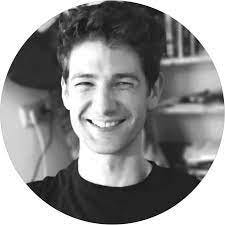
An Optical Scientist at ORCA Computing, Tom Parker spent his Ph.D. designing and engineering single-photon sources for experiments in quantum physics and quantum information processing.
His research has focused on optimizing source multiplexing across a range of platforms, with an emphasis on spectral multiplexing.
32. Paris Andreades: Electronic & Electrical Engineer, ORCA Computing
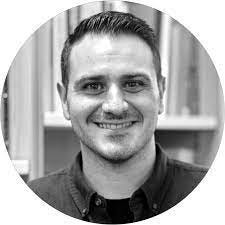
Paris Andreades is an Electronic and Electrical Engineer at ORCA Computing. His responsibilities include the electronic system development for photonic quantum computing, high-frequency RTL design and FPGA implementation of control electronics, electronic interface development, and component integration and system testing.
Andreades holds a Ph.D. in Electronic and Electrical Engineering from University College London. His Ph.D. research focused on the hardware design of nanosecond control for photonic networks. He has years of experience in hardware implementation using field-programmable gate array (FPGA) devices.
33. Rafal Gartman: Atomic (AMO) Physicist, ORCA Computing
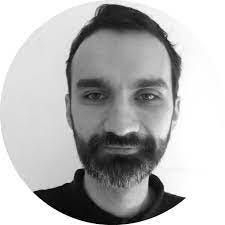
ORCA Computing’s final entry here, Rafal Gartman is an Atomic Physicist at the startup working in the field of experimental research on atomic magnetometers, condensed matter physics and optical lattice clocks.
Skilled in the development of research projects from a hardware, software, and data analysis perspective, Gartman’s main area of his expertise is the physics of alkali elements in a form of ultracold and condensed matter as well as room temperature atomic vapours while also an experienced researcher in the fields of fundamental science and quantum sensors development.
Gartman obtained his Ph.D. in Physics from the Nicolaus Copernicus University, Poland.
34. János Csizmazia, Mechanical Engineer, Oxford Ionics
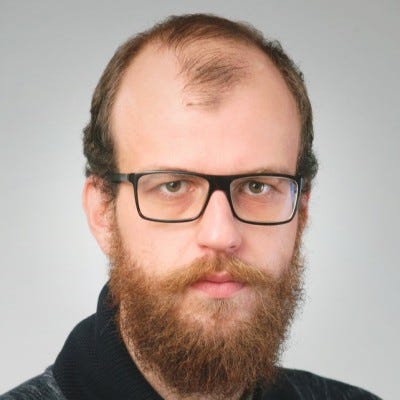
A Mechanical Engineer at Oxford Ionics, a British quantum startup combining the world’s highest quality qubits — trapped ions — with its unique noiseless electronic qubit control technology, János Csizmazia has extensive knowledge of engineering principles, theories, specifications, and standards.
Csizmazia has a proven track record of finishing complex projects ahead of schedule in the fields of mechanical design, quantum computing, material development, R&D, manufacturing, and high-power lasers, and is adept at designing, conceptualizing, researching ideas, applying, and implementing changes as needed with solid results.
At Oxford Ionics, Csizmazia job entails the mechanical design and development of the company’s quantum computers utilizing ion trapping with designed robust hardware, optical and vacuum equipment design, the high strength and rigidity framework design for ion trapping equipment, and managing the manufacturing of components, assembly processes and reach out to suppliers.
Csizmazia received his MSc in Materials Science and Engineering from Budapest University of Technology and Economics.
35. Connor Shelly: Senior Quantum Engineer & Laboratory Manager, Oxford Quantum Circuits
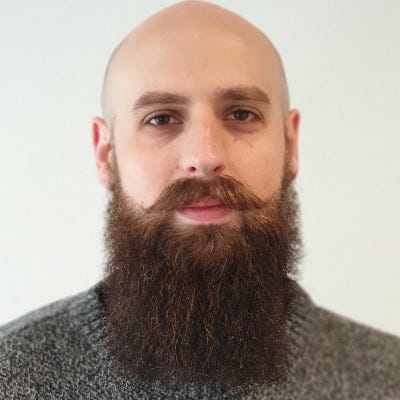
A Senior Quantum Engineer and Laboratory Manager at Oxford Quantum Circuits, a company that has built the UK’s most advanced quantum computers, for the last decade Connor Shelly has been working as a researcher in the field of superconducting devices and electronics. As well as research, he has experience in the management of science projects, grant writing, supervising Ph.D. students, and running a laboratory.
As a Senior Quantum Engineer at Oxford Quantum Circuits, Shelly is involved in the design, simulation, fabrication, and measurement of novel superconducting components for quantum processing. He is also the Laboratory Manager at the company and is responsible for the day-to-day running of the laboratory.
Shelly has a Ph.D. in Physics from the Royal Holloway, University of London.
36. Jonathan Burnett: Head of Quantum Hardware, Oxford Quantum Circuits
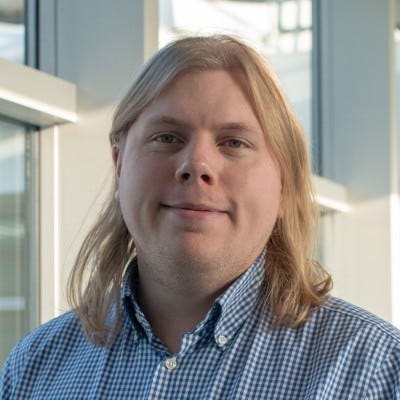
Jonathan Burnett is Head of Quantum Hardware at Oxford Quantum Circuits. Across ten years in research, spanning four institutions (including work internationally), Burnett has established a prominent reputation in tackling decoherence issues for superconducting quantum computing efforts. Specifically, his contributions have examined materials issues, improved measurement methodology and highlighted issues with typical reporting of superconducting qubit performance metrics.
Through his career, Burnett has experience working in small- and medium- research teams, as well as project management and leading research efforts.
Like his Oxford Quantum Circuit colleague Connor Shelly, Burnett has a Ph.D. in Physics from the Royal Holloway, University of London.
37. Narendra Acharya: Nanofabrication Engineer, Oxford Quantum Circuits
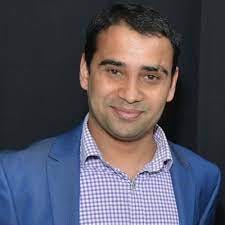
With a strong background in quantum physics, solid-state physics and superconductivity and more than six years of experience in thin-film growth, thin-film characterization, and various micro/nanodevice fabrication, Narendra Acharya skills are well suited for his position as a Nanofab Engineer at Oxford Quantum Circuits.
At Oxford Quantum Circuits, Acharya designs and prints superconducting quantum circuits on-chip for quantum computing.
Acharya obtained his Ph.D. in Physics from Temple University, Philadelphia.
38. Yashwanth Balaji: Nanofabrication Engineer, Oxford Quantum Circuits
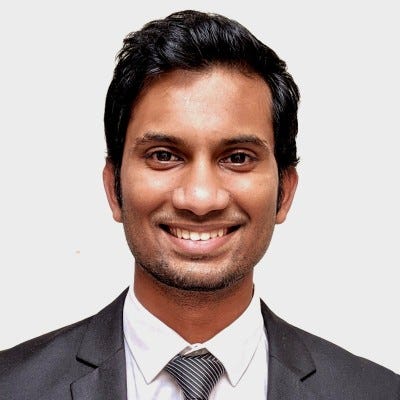
Yashwanth Balaji, like Narendra Acharya, is a Nanofabrication Engineer at Oxford Quantum Circuits.
A former Ph.D. researcher at imec trained in device physics and CMOS process technology, Balaji’s research was based on device scaling focusing on 2D materials for electronic applications.
Balaji received a Ph.D. in Nanotechnology from imec.
39. Brian Vlastakis: Quantum Hardware Developer, Oxford Quantum Circuits
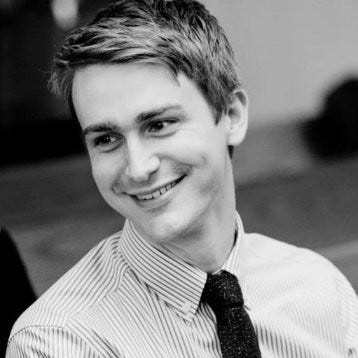
Within both academic and industry research environments, Brian Vlastakis, a Quantum Hardware Developer at Oxford Quantum Circuits, has explored differing applications of superconducting circuits to process quantum information. Starting off as a Technical Consultant at the company, he has been in his current role since early 2021.
He possesses full-stack experience designing, fabricating, and benchmarking these quantum devices. With the flexibility of superconducting circuit design, he believes many aspects of this technology have not yet been explored and he intends to leverage his experience to build the quantum framework of tomorrow.
40. Gioele Consani: Quantum Engineer, Oxford Quantum Circuits
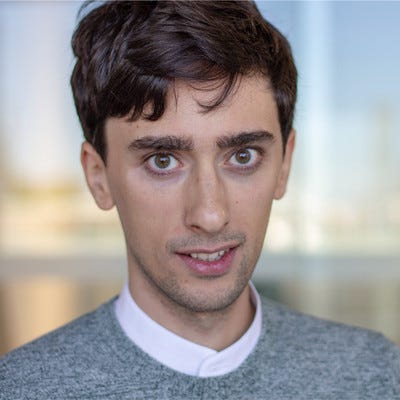
A Quantum Engineer at Quantum Circuits, Gioele Consani has recently completed his Ph.D. in Physics at UCL. In the project, Consani focused on the study of the role of coherence in quantum annealing in experiments performed on systems of aluminium flux qubits.
41. Kowsar Shahbazi (She/Her): Nanofabrication Engineer, Oxford Quantum Circuits

A researcher with experience working in the higher education industry, Kowsar Shahbazi is a Nanofabrication Engineer at Oxford Quantum Circuits who is skilled in Thin Films, Organic Semiconductors, Materials Science, Nanomaterials, and Vacuum Deposition.
Shahbazi obtained her Ph.D. in Condensed Matter and Material Physics from the University of Leeds.
42. Waqas Ahmad: Quantum RF Engineer, Oxford Quantum Circuits

Waqas Ahmad is a Quantum RF Engineer at Oxford Quantum Circuits and part of the quantum hardware team.
As the Quantum RF Engineer, Ahmad is responsible for bridging the gap between the quantum field and the RF field in the company’s quantum computers. Amongst other things, he is involved in the designing, assembling and testing of RF and quantum hardware for quantum processing while working on multiple QPUs, modelling and simulating using HFSS, developing RF circuits for the Coaxmon architecture, working at various frequencies and systems, scaling smaller QPUs to higher numbers in superconducting circuits for quantum computation, and measuring RF performance using network analyzers and other RF test equipment.
Ahmad received his Ph.D. in Electronic Engineering (RF and Wireless Communications) from the University of Westminster.
Part Four coming soon!
The Quantum Insider (TQI)

Just in case this list hasn’t satisfied your cravings for data on hardware specialists in the quantum space, you can pop on over to The Quantum Insider (TQI), TQD’s very own data platform. Here you can find deep and insightful information on all aspects of the QIS industry.
TQI is an invaluable resource for journalists, researchers, investors, companies, and government agencies looking to extend their knowledge of the growing quantum tech ecosystem!
Deep Tech Insider (DTI)

Interested in other niches of deep tech? Good, TQD team has that covered, too: Check out the Deep Tech Insider, the best place for news on all that is happening in the world of deep tech.
If you found this article to be informative, you can explore more current quantum news here, exclusives, interviews, and podcasts.

















